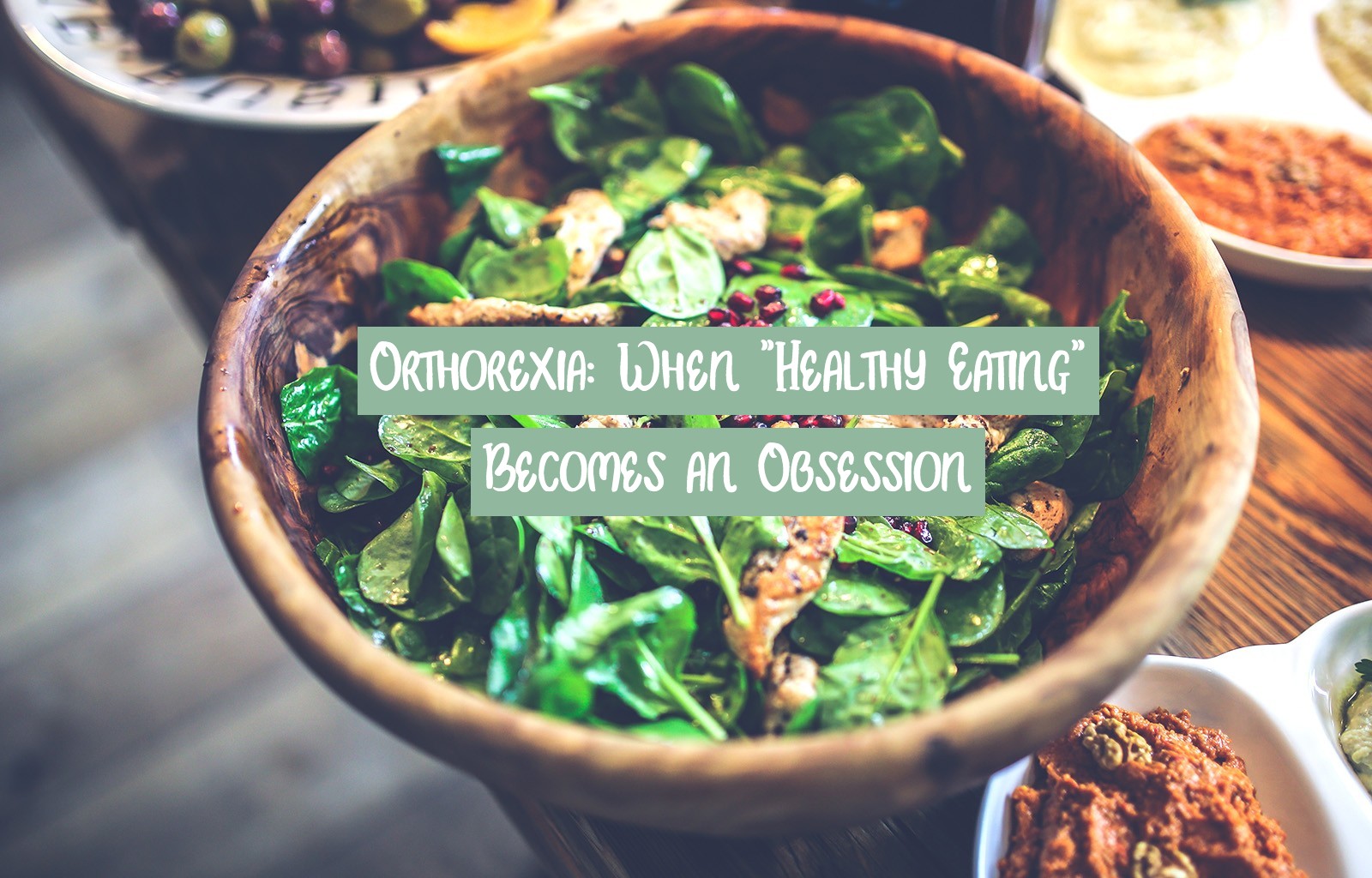Unlike anorexia or bulimia nervosa, orthorexia is a less-commonly recognized (and often misunderstood) condition in which individuals display symptoms of obsessive behavior in regard to achieving and maintaining a healthy diet. Orthorexia often co-occurs with other eating disorders; however, rather than fixating on achieving an ideal weight, individuals with orthorexia tend to fixate on achieving a perfect diet. An individual with orthorexia is likely to gravitate toward food that gives them a sense of being pure and healthy, and may subsequently avoid food items containing: animal or dairy products, fat, sugar, salt, artificial colors or flavors, preservatives, pesticides, or other ingredients they deem to be unhealthy.
Obsessed With Eating Healthy Foods
Of course, maintaining a healthy diet is not in and of itself a disordered behavior; however, an obsession with such can become physically and psychologically detrimental when taken to an extreme. Thus, behaviors associated with orthorexia go beyond mere lifestyle choices. Similar to those with more commonly-recognized eating disorders, individuals with orthorexia may often find that their obsessions with food begin to affect their everyday activities. Some of these effects include: socially-isolating behaviors, feelings of guilt when deviating from self-imposed dietary guidelines, an increase in the amount of time spent thinking about food, critical thoughts about those who do not adhere to strict diets, a fear of eating foods that are not prepared at home, or avoiding food that is prepared by others.
When the fixation on eating healthy food becomes physically and psychologically dangerous, it can be categorized as disordered eating. Oftentimes, an obsession with healthy food results in a restriction of calories due to the fact that available food may not be considered healthy enough for individuals with orthorexia. As a result, these individuals may lose enough weight that their BMI is consistent with someone who has anorexia. Additionally, behaviors associated with orthorexia may result in malnutrition, which can potentially lead to a variety of negative health outcomes. It is imperative to be aware of the factors that can transform what might otherwise be considered healthy dietary habits into disordered eating behaviors.


